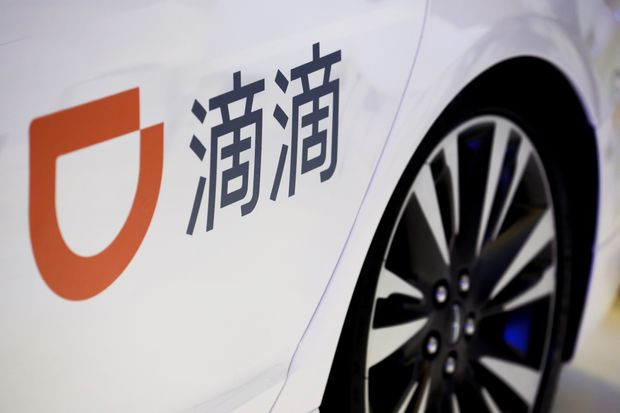Even if Ford CEO Jim Hackett said this April that they "overestimated the arrival of autonomous vehicles," ridesharing giant Didi Chuxing had long decided to stay on its course of developing self-driving units and now seeks partnerships.
Didi announced that its autonomous driving unit is now an independent company so the focus can be given to product research and design.
This announcement was made a month after reports came out that Didi was talking with SoftBank to raise money.
According to Didi, this new company will "integrate the resources and technological advantages" of their platform while continuing "to increase investment in R&D (research and development) of core innovative technologies" for deeper collaboration with auto industry partners.
For the company, "Autonomous driving will greatly enhance the safety and efficiency of travel and help cities to be smarter and more sustainable," Didi chair and CEO Cheng Wei said.
Putting importance to people behind the wheel, he added, "in the future, people's transportation needs in different scenarios will be met by the combination of seamless autonomous driving technology and human driving services.
The company's autonomous driving team, now run separately from the main operations of Didi, had been around since 2016 and now has more than 200 employees split between China and the US.
Didi's brave move came after the automaking industry changed its stand on autonomous vehicles after the results of Google and Uber testing of their autonomous driving vehicles led them to think of the long road ahead for the technology.
Still, driverless technology is to change logistics and transit infrastructure. By 2030, there will be an increase of 15 percent in the sale of fully autonomous vehicles.
Given the circumstances, vehicle-making companies acknowledged the need to share costs of development for developing self-driving vehicles and thus in July, Volkswagon announced it will give its investment of $1 billion on its European self-driving unit to the self-driving vehicle, Ford-backed startup Argo.
The launch of robo-taxis will not only enable Didi to license its technology to other vehicle and transportation companies but it will also help its shortage of drivers.
Didi's testing in China of its autonomous vehicles lagged last year behind Baidu, a Chinese technology company specializing in artificial intelligence and Internet-related products and services.
Likewise, since last year, Didi already secured a permit to test its self-driving vehicles in California where it has a research center in Mountain View.
Zhang Bo, Didi's chief technology officer, will lead the autonomous driving company.





